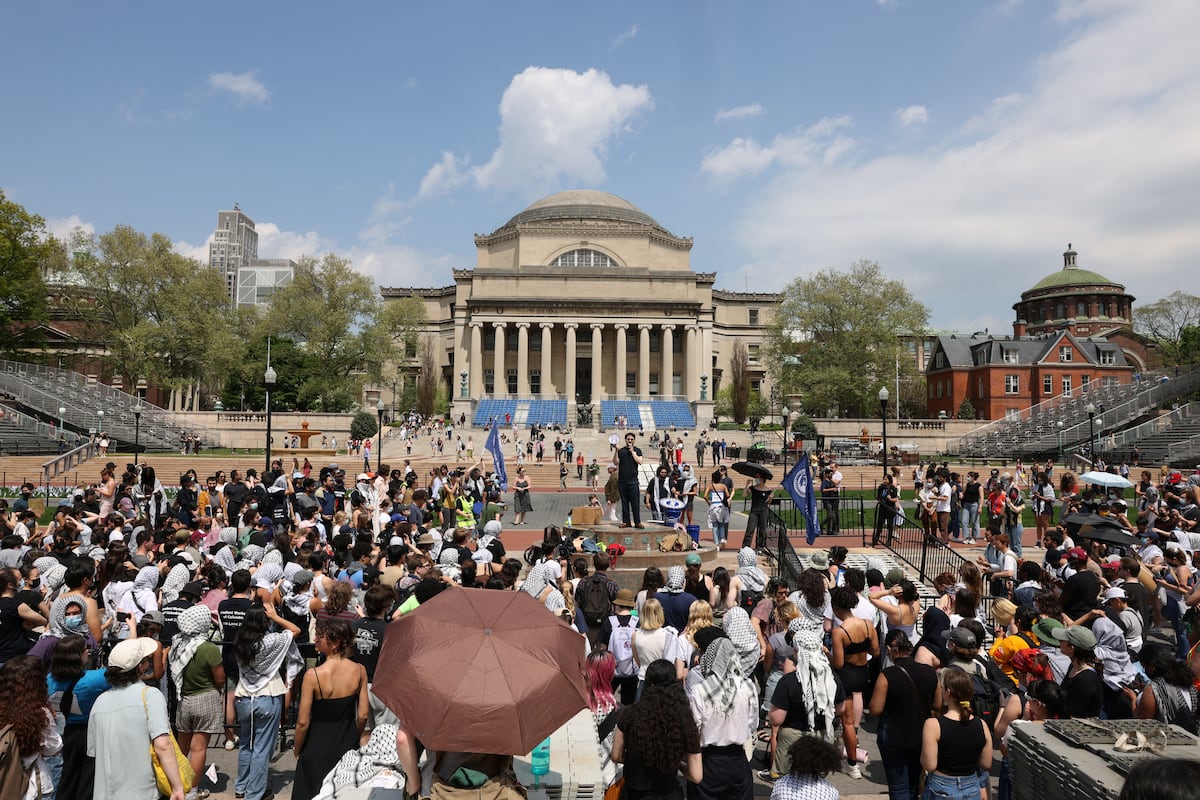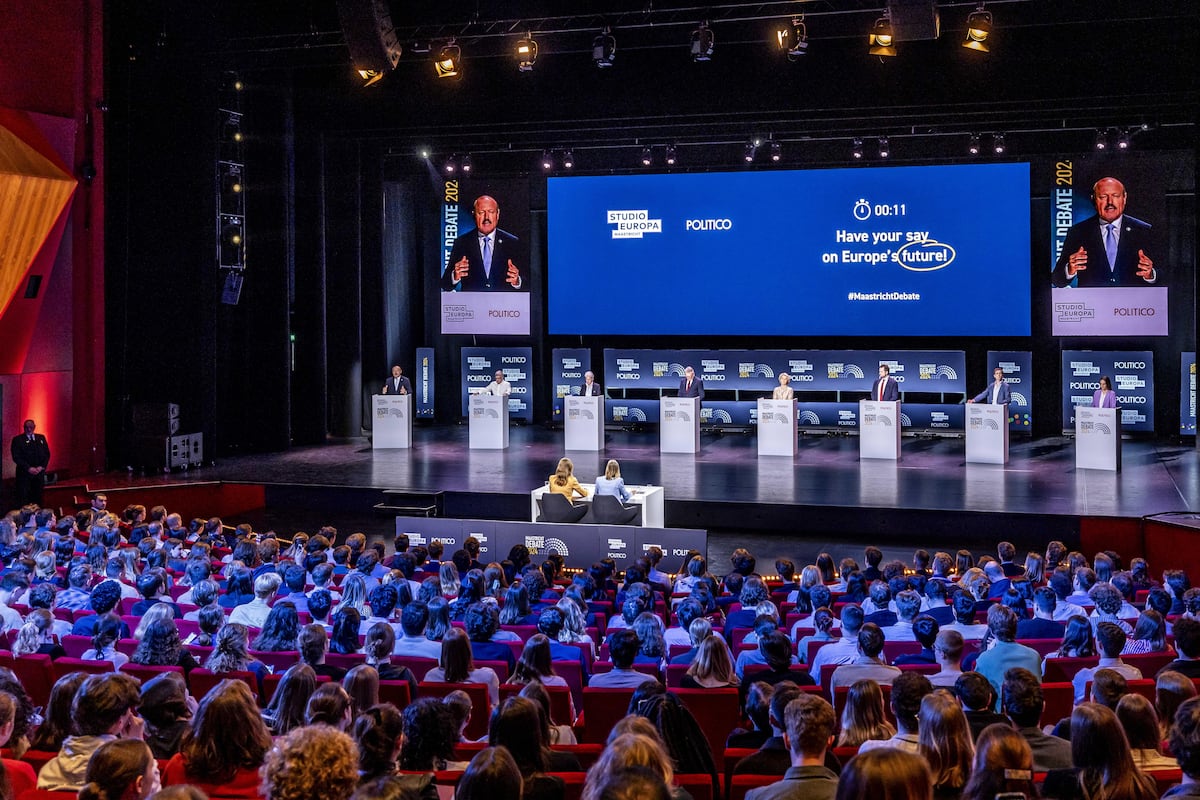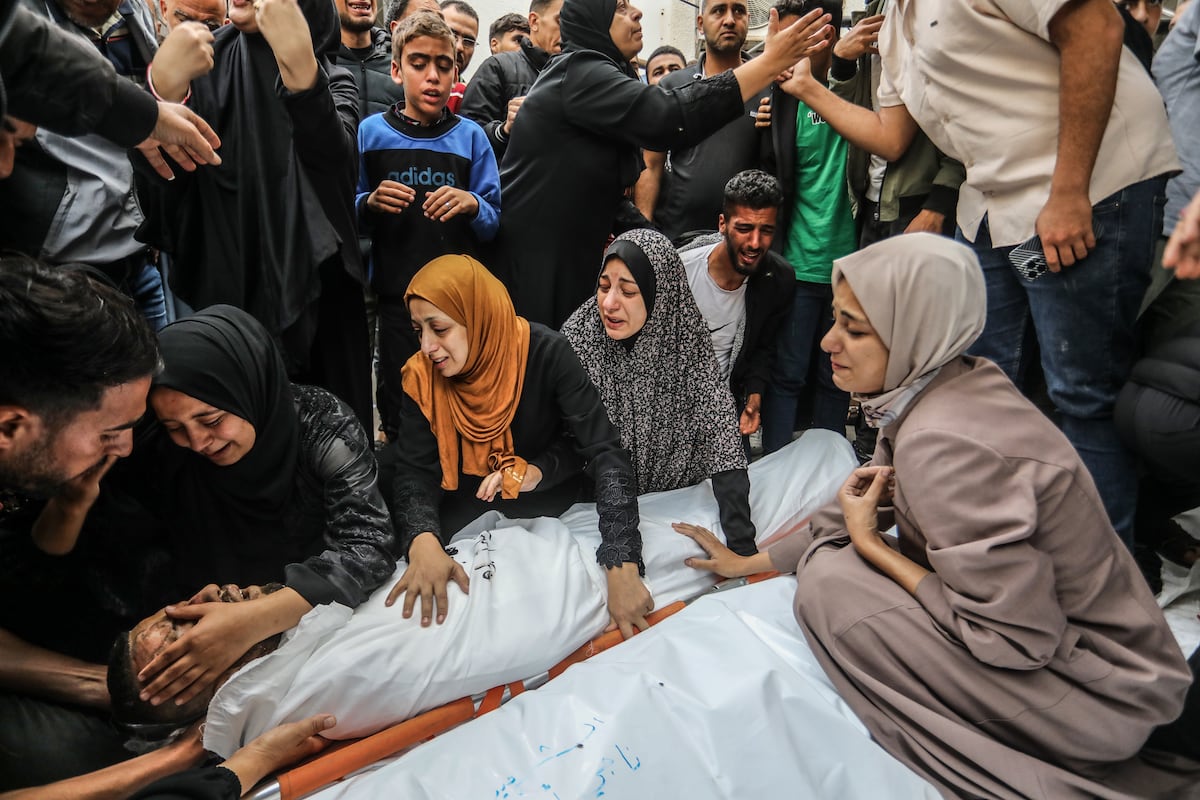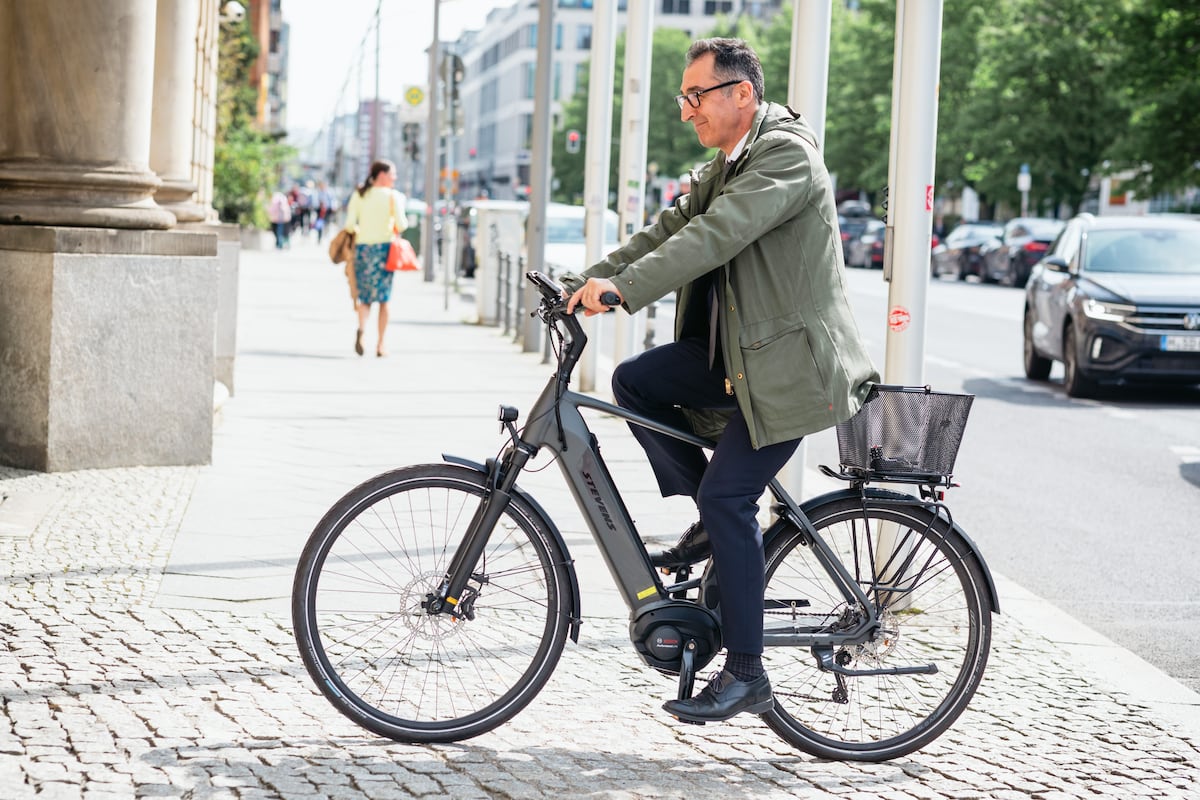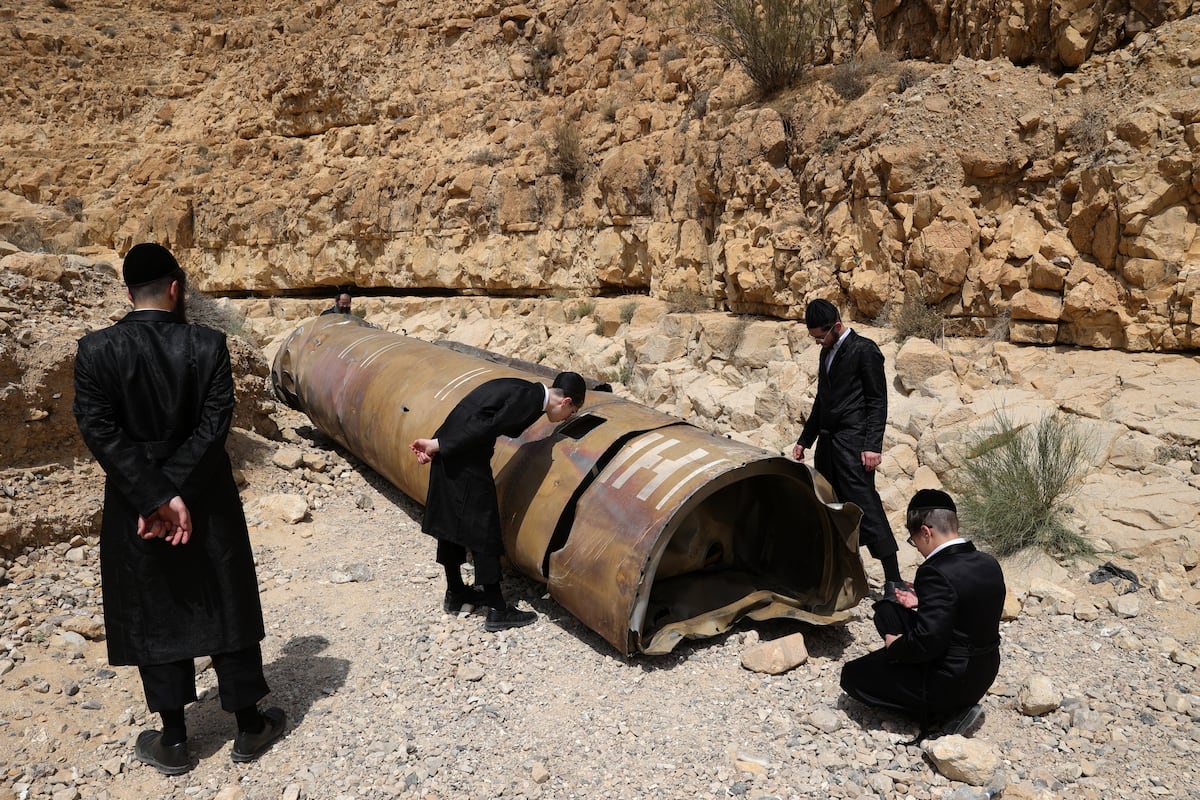Shortly before the end of his visit to New York this week to attend the United Nations General Assembly, Prime Minister Justin Trudeau stopped by The New York Times for a meeting with editors and reporters hosted by A.G. Sulzberger, the publisher.
The roughly hourlong conversation, of course, was dominated by a discussion of Mr. Trudeau’s startling allegation that the government of India was connected to the assassination of a Sikh nationalist near a temple in Surrey, British Columbia. (Our coverage of that story is below.)
But Mr. Trudeau took questions on a wide array of subjects. Here are some highlights, edited for length and clarity.
On whether allies are being supportive on the India allegation:
Every ally I have spoken to, bar none, has been unequivocal that this sort of violation of a country’s sovereignty and of the rule of law is absolutely unacceptable. I think people are quietly waiting to see how things unfold. But standing up for the rule of law isn’t a momentary thing. It’s a process that happens over weeks and months.
As this unfolds, we will just simply follow the facts as they continue to be laid out.
On what would be the most fitting resolution to the situation:
A number of people thrown in jail, convicted. A series of lessons learned and changes made to the way the Indian government and the intelligence services operate.
On the mood of Canadians and voters in other Western nations:
It really sucks right now. Like, everything sucks for people, even in Canada. We’re supposed to be polite and nice, but, man, people are mad.
People are mad at governments because things aren’t going all that well and people are worried. So, yeah, it’s a tough time.
We know things are going to start getting better. Inflation is coming down. We think interest rates are going to start coming down probably middle of next year. We’re launching massive housing investments. Hopefully, people are going to start seeing things get better.
On the political consequences of that mood:
People are anxious because that promise of progress no longer seems to hold. A sense of optimism is gone right now — or it’s at least really strained. There are challenges that people are facing that are undermining our sense that our institutions, that our democracies are actually functioning well.
They’re falling into the trap that there are simple, easy answers that fit on a bumper sticker or in a TikTok video for any and all of these questions. And that’s where the populism comes through and the anti-enlightenment mistrust of experts and facts and science that is running rampant in aggressively populist circles. But it is a very compelling narrative to turn to. When you can’t put food on the table, when you’re scared to walk down the street, you’re more likely to vote for a strongman that says, ‘Everything’s going to be OK, even if I’m going to take away some of your freedoms or some of your rights.’
That’s the thing that worries me.
The way to solve that isn’t to come out with better slogans. It’s to actually solve the challenge of people being optimistic about the future and feeling: Oh, there is a path for me to be successful.
On next year’s wildfire season:
Well, we are aggressively fighting climate change, but it’s going to take a number of years before we actually see the climate get less intense and less horrific. Unfortunately, as a lot of Canadians are concluding, this is probably the new normal. We’re going to be dealing with more and more wildfires and wildfires in places where we didn’t expect them. So that’s the reality around the world.
For all the size of the wildfires this summer, we had the resources, we had the firefighters and the agreements with international firefighters to be able to respond to the challenges we were facing.
Canada’s Claim About a Sikh Leader’s Killing
It was a stunning accusation: that Canada had intelligence showing that “agents of the Indian government” were involved in the shooting death of a Canadian citizen in British Columbia.
Justin Trudeau Accuses India of a Killing on Canadian Soil
Suhasini Raj, my colleague in New Delhi, profiled Hardeep Singh Nijjar, the Sikh nationalist who was the victim of the shooting in Surrey.
This section was compiled by Vjosa Isai, a reporter-researcher for The Times based in Toronto.
-
Raymond Moriyama, the Japanese Canadian architect, had a childhood shaped by racism and internment during World War II. It defined his architectural style, in which he created spaces that were inviting to all people. Mr. Moriyama died this month in Toronto. He was 93.
-
During a visit to Canada, President Volodymyr Zelensky warned that pulling back on support for Ukraine would erode its war effort and empower Russia.
-
Chris Nilan, a retired N.H.L. player, was involved in 300 bare-knuckle fights in his career. Now, researchers at Boston University are studying his brain for chronic traumatic encephalopathy, a disease that can be diagnosed only posthumously.
-
Vancouver is hosting the Laver Cup, its first big tennis event in a half-century. The tournament, with its younger players, highlights a generational shift in tennis.
-
Ford Motor struck a labor deal with workers in Canada.
-
On Monday night, northern lights flickered over parts of the U.S. and Canada.
-
Even though Canada, the U.S. and Mexico will host the 2026 World Cup, FIFA has not divulged even the most basic facts about the tournament to the countries.
A native of Windsor, Ontario, Ian Austen was educated in Toronto, lives in Ottawa and has reported about Canada for The New York Times for two decades.
How are we doing?
We’re eager to have your thoughts about this newsletter and events in Canada in general. Please send them to nytcanada@nytimes.com.
Like this email?
Forward it to your friends, and let them know they can sign up here.
